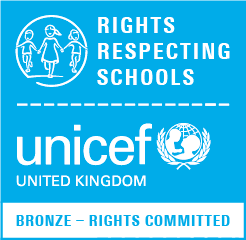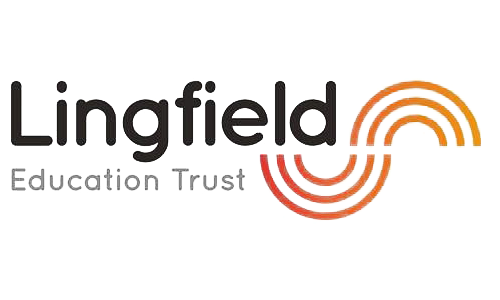How do we approach PSHE at Marton Manor?
Vision
To inspire pupils to be unique, positive and mindful individuals where they receive relevant learning experiences to help them to navigate their world and develop positive relationships with themselves and others.
Intent
‘PSHE’ stands for Personal, Social, Health and Economic education. Our intention is that when children leave Marton Manor, they will do so with the knowledge, understanding and emotions to be able to play an active, positive and successful role in today’s diverse society. We want our children to have high aspirations, a belief in themselves and realise that anything is possible if they put their mind to it. In an ever–changing world, it is important that they are aware, to an appropriate level, of different factors which will affect their world and that they learn how to deal with these so that they have good mental health and well-being.
Implementation
Our PSHE curriculum develops learning and results in the acquisition of knowledge and skills which will enable children to access the wider curriculum and prepare them to be a global citizen now and in their future roles within society. It promotes the spiritual, moral, cultural, mental and physical development of pupils, preparing them for the opportunities, responsibilities and experiences for later life.
EYFS – In the Foundation Stage, PSHE is taught as an integral part of topic work and is embedded throughout the curriculum. The objectives taught are the Personal, Social and Emotional Development statements from ‘Development Matters in the EYFS’ and the PSED Early Learning Goals. Reception also uses the Jigsaw Scheme of Work materials. (see below)
Key Stage 1 and Key Stage 2 – At Key Stage 1 and 2, PSHE is taught through a clear and comprehensive scheme of work in line with the National Curriculum. Pupils are taught PSHE using ‘Jigsaw’ which is a spiral, progressive scheme of work, which ‘aims to prepare children for life, helping them to know and value who they are and understand how they relate to other people in this ever-changing world’. There is a strong emphasis on building resilience and nurturing mental and physical health. Lessons include opportunities for mindfulness to allow children to advance their emotional awareness, concentration and focus.
PSHE is taught through Jigsaw’s six half termly themes with each year group studying the same unit at the same time (at their own level):
Autumn1: Being Me in My World
Autumn 2: Celebrating Difference (including anti-bullying)
Spring 1: Dreams and Goals
Spring 2: Healthy Me
Summer 1: Relationships
Summer 2: Changing Me
It also identifies links to British Values, and SMSC and is taught in such a way as to reflect the overall aims, values, and ethos of the school.


Impact
By the time our children leave Marton Manor Primary School they will:
- be able to approach a range of real life situations and apply their skills and attributes to help navigate themselves through modern life
- be on their way to becoming healthy, open minded, respectful, socially and morally responsible, active members of society
- appreciate difference and diversity
- recognise and apply the British Values of Democracy, Tolerance, Mutual Respect, Rule of law and Liberty
- be able to understand and manage their emotions
- be able to look after their mental health and well-being
- be able to develop positive, healthy relationships with their peers
- have respect for themselves and others
- have a positive self esteem
For more information on this subject please see the documents below;
| PSHE Documents | Link |
| PSHE Subject Policy | View |
| Year 1 – PSHE Curriculum | View |
| Year 2 – PSHE Curriculum | View |
| Year 3 – PSHE Curriculum | View |
| Year 4 – PSHE Curriculum | View |
| Year 5 – PSHE Curriculum | View |
| Year 6 – PSHE Curriculum | View |
| Jigsaw British Values | View |
| Jigsaw Information Leaflet for parents and carers | View |
| RSHE a Guide for Parents and Carers Leaflet | View |
| Jigsaw SMSC and Emotional Literacy | View |





